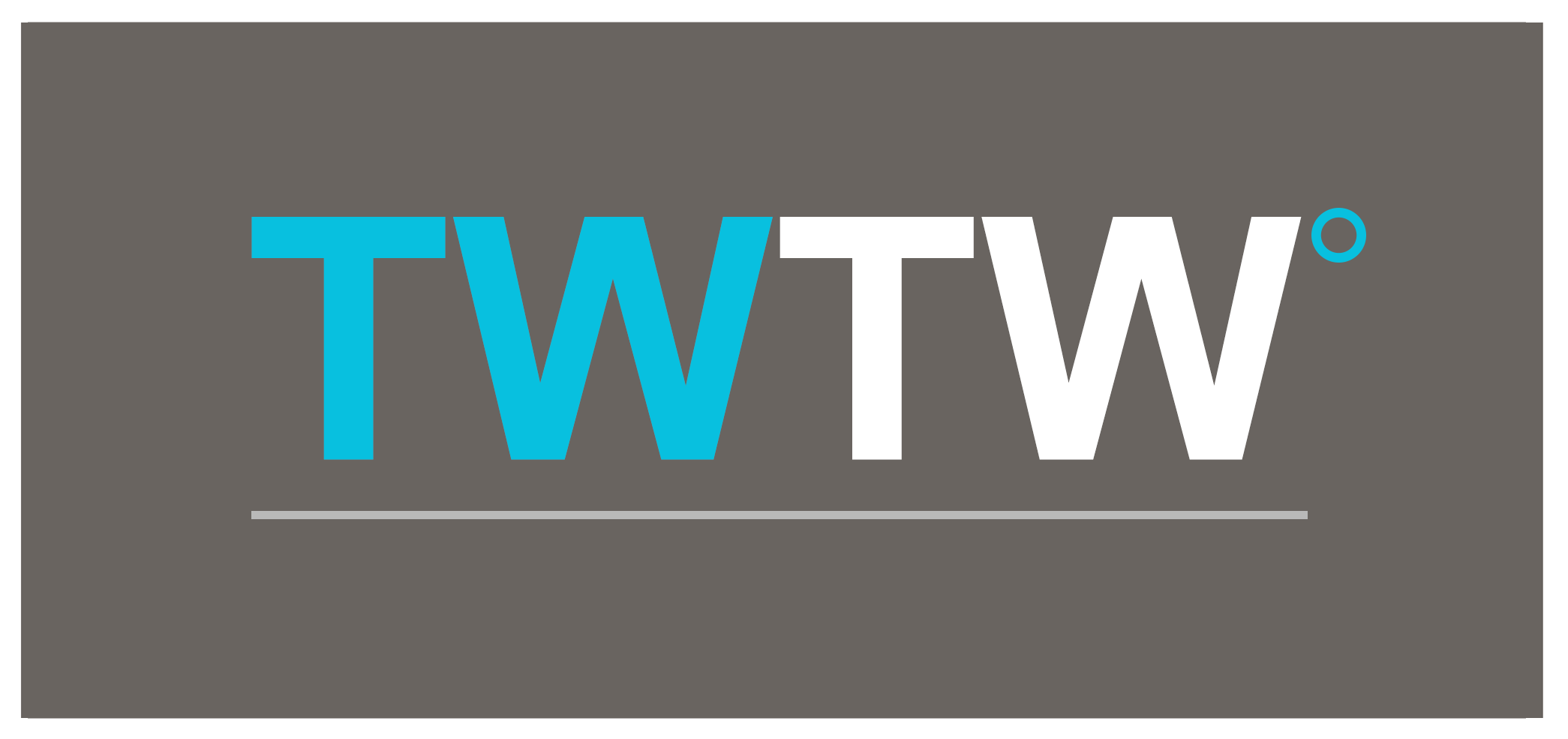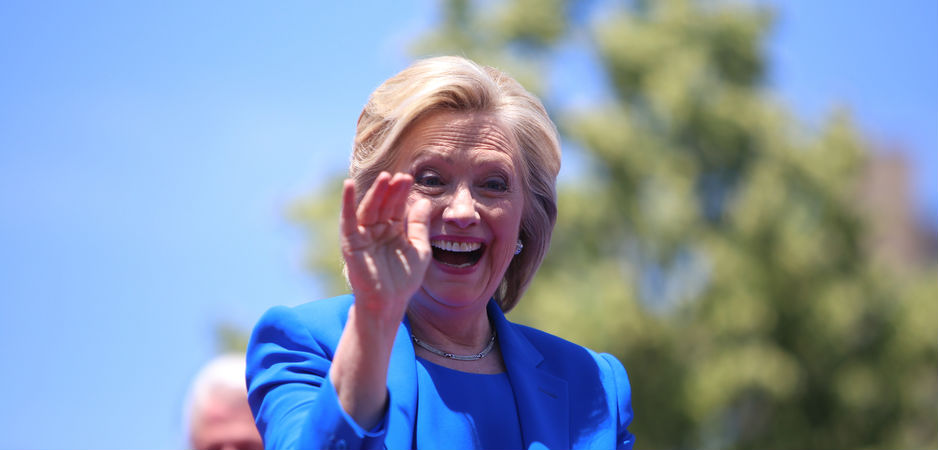Refugees fleeing for their lives have created a migrant crisis in Europe even as spending on football keeps rising to record highs.
On August 22, this author talked about a new age of migration. This week, migration has taken center stage in Europe. In Hungary, authorities stopped migrants from traveling on to Germany and Austria. Hungarian Prime Minister Viktor Orban warned of “the end of Europe.” He said: “Today we are talking about tens of thousands but next year we will be talking about millions and this has no end.” A historian at Oxford who belongs to the British Conservative Party remarked in private that migrants might finally undo the Battle of Tours.
The fact that an Oxford man is referring to Tours is instructive. It was here that an army of Franks led by Charles Martel defeated an army of Moors, stopping the seemingly irresistible expansion of Islam in 730 AD. For years, Europe has feared Islam. In 2002, Valery Giscard D’Estaing, chairman of the convention on the future of the European Union (EU), argued that Turkey was not a European country. Later that year, a Cambridge man developed this argument further. John Casey stated that Turkey had a traditional pull toward Central Asia and the Middle East. Casey made the point that Europe was “profoundly shaped by up to two millennia of Christian culture” and Muslim Turkey did not belong to it.
In the recent past, much of the world has belonged to Europe and Europeans. Since Christopher Columbus “discovered” the New World, Europeans claimed property rights in remote parts of the planet. They used terra nullius, an idea deriving from Roman law meaning “nobody’s land,” to annex the property of natives from Australia to Canada. As John Stuart Mill helpfully pointed out, the natives were not in the “maturity of their faculties.” Besides, they were certainly not using land productively and, hence, it was a duty of Europeans to till the fields and bring civilization to barbaric realms. Now, some of these barbaric natives are flocking to Europe for their life, liberty and pursuit of a better existence.
There is controversy over the term to use for those flocking to Europe. Should we describe them as migrants or refugees? “Migrant” has Latin roots and means someone who migrates. Refugees are people who flee their homes for safety. International law definitions are pernickety and insist on defining migrants narrowly as those who leave for greater opportunity because of choice: They want better lives. Refugees have no choice: They flee for their lives. The reality is neither clear, nor simple. Even the most desperate refugees clearly make a choice to migrate to a particular destination. Those fleeing from Syria to Turkey and then to Hungary from where they walk to Austria are certainly making choices. Similarly, Bangladeshi migrants going to Qatar to work on construction projects might be in debt traps or on the verge of starvation. The so-called choice is often not much of a choice at all. In broad terms, all refugees are migrants, but not all migrants are refugees.
 As is well-documented, the Islamic State (IS) has slaughtered thousands, enslaved minorities and raped wantonly. This week, it destroyed some iconic buildings of the ancient city of Palmyra. Life in places like Syria, Iraq and Libya is increasingly “nasty, brutish and short.” As this author has explained earlier, the Middle East is going through its own version of Europe’s Thirty Years’ War. Colonial structures are crumbling, ethnic hatreds are rising and religious divisions are adding fuel to the fire. It is little surprise that people are embarking on hazardous journeys across land and sea for a shot at a half decent life. Many do not make it such as the lifeless Syrian child who was washed up on Turkish shores in a red shirt and dark shorts.
As is well-documented, the Islamic State (IS) has slaughtered thousands, enslaved minorities and raped wantonly. This week, it destroyed some iconic buildings of the ancient city of Palmyra. Life in places like Syria, Iraq and Libya is increasingly “nasty, brutish and short.” As this author has explained earlier, the Middle East is going through its own version of Europe’s Thirty Years’ War. Colonial structures are crumbling, ethnic hatreds are rising and religious divisions are adding fuel to the fire. It is little surprise that people are embarking on hazardous journeys across land and sea for a shot at a half decent life. Many do not make it such as the lifeless Syrian child who was washed up on Turkish shores in a red shirt and dark shorts.
Despite the risks, refugees are making perilous journeys by land and sea to Europe. Large numbers walked to the Austrian border when Hungarian authorities detained them at the Budapest train station. They had come this far and were not going to stop. To their credit, Austria and Germany have opened their borders. Refugees are supposed to seek asylum in the first country they set foot, but these countries are overwhelmed. So, refugees are heading north to Austria, Germany, Britain and Scandinavia. The Schengen agreement led to the dismantling of passport controls at the EU’s internal borders, making it easier for refugees to travel through Europe once they are in. This is causing tensions. European countries are bickering with each other. Anti-immigrant sentiments and right wing parties are on the rise.
One in every 122 humans “is now either a refugee, internally displaced, or seeking asylum.” Half of the refugees are children. Europe can make the choice to be hard-hearted and close down its borders, but its conscience does not allow it to do so. The EU was born at the end of World War II with the memory of the Holocaust, mass misery and soul degrading violence seared into its consciousness. Today, the biggest displacement of people since 1945 is challenging Europe to its core. In a thoughtful article, Der Spiegel poses the question: “Will Western Europe ultimately prefer to allow the refugees to die in trucks rather than to open the door to the desperate?”
These painful questions will constantly come up in the days and years to come. For instance, some parts of the world are running out of fresh water. Other parts of the world will suffer inordinately from climate change whether it is rising sea levels or increasing desertification. Yet many people in prosperous countries are living their oblivious Starbucks lives engrossed on Facebook. In the words of Slavoj Zizek, a Slovenian philosopher, consumers are buying their own redemption through the simple act of consumption itself. Simply put, the mere act of buying a cup of free trade organic coffee earns good karma for improving lives of the poor and saving the planet.
The best example of this is football. People now increasingly follow clubs instead of national teams. For the first time, the English Premier League spent more than $1.5 billion on players in a single calendar year. Over $1.3 billion was spent just over the summer. Now, the Premier League is full of players from around the world. There are numerous video games based on football as well. Cristiano Ronaldo, the fantastically gifted footballer, has over 106 million likes on Facebook. Fans can feel happy that they are bringing the world closer together, fighting racism and forging a shared identity.
The reality is that clubs are privately-owned giant entities, while footballers are modern-day gladiators. Unlike refugees and other migrants, these gladiators are more than welcome in Europe. The best of them command extortionate prices and stratospheric wages. Once, Rome pioneered bread and circuses. Today, others have adopted it. At some point, this fantastical denial of ugly realities will end. Thousands of migrants have brought the terrible refugee crisis to Europe’s door. Eventually, something will make humans confront other challenges like climate change.
*[You can receive “The World This Week” directly in your inbox by subscribing to our mailing list. Simply visit Fair Observer and enter your email address in the space provided. Meanwhile, please find below five of our finest articles for the week.]
[seperator style=”style1″]Aylan Kurdi’s Death and the Continued Plight of Syria’s Refugees[/seperator]
Aylan Kurdi’s death speaks to the continued horrors stemming from a ravaged Syria.
Though the images of death have become numbingly common, the picture of a young Syrian boy washed up on the shore of a Turkish beach is devastating. The juxtaposition of a dead child on one of the world’s most stunning beaches should not be lost on its viewers.
The death of 3-year-old Aylan Kurdi is a vivid encapsulation of how dire the Syrian crisis—and its subsequent refugee groundswell—has become. Aylan died along with 12 others, including his mother and 5-year-old brother, when their boat capsized en route to Greece. The family had been reportedly trying to immigrate to Canada.
The image of Aylan’s death is undoubtedly putting European migration policies under the microscope, as it is now apparent that the status quo of limiting the ability of Syrians to enter Europe legally is not working.
Member states of the European Union (EU) have pledged to resettle some Syrians who are seeking asylum… Read more
[seperator style=”style1″]Hamid Gul and Pakistan’s Schizophrenia[/seperator]
The example of Gul illustrates what is a basic frustration for India: Any rapprochement with Pakistan can only come about via a military establishment that swings between paranoia and pragmatism.
The recent passing of Hamid Gul, a Pakistani general who served as head of the powerful Inter-Services Intelligence (ISI) agency in the late 1980s, elicited a good deal of media commentary about the instrumental role he played on several fronts: the collapse of the Soviet Union; the jihadization of Afghanistan and Pakistan; and the destabilization of the Punjab and Kashmir regions in India.
But Gul also exemplified the oscillations within the Pakistani military establishment between anti-India paranoia and the desire to stabilize relations with Delhi. Consider, for example, the tale once related to this author by the man who was the CIA station chief in Pakistan when the C-130 Hercules aircraft carrying Pakistani strongman Mohammed Zia-ul-Haq exploded in mid-air and crashed under mysterious circumstances in August 1988. The crash killed Zia and a group of senior Pakistani… Read more
[seperator style=”style1″]Could the Sharing Economy Bring Back Hitchhiking?[/seperator]
As the ever-increasing use of services like Uber, Lyft and AirBnB show, it is safe to trust other people. But is it time for hitchhiking to make a comeback?
On August 1, hitchBOT, a robot that had successfully hitchhiked more than 10,000 kilometers across Canada and northern Europe, was destroyed by unknown vandals in Philadelphia’s Old City neighborhood. For a week, the robot’s violent decapitation was a favorite “news of the weird” story and a chance for commentators to warn of the dangers of hitchhiking. As one commentator put it, “With hitchhiking so rare today, especially among non-sociopaths, it has increased the chance that a sociopathic hitchhiker will get picked up by a sociopathic driver.”
At the risk of revealing any hitherto-unrealized sociopathic tendencies, I want to speak in defense of hitchhiking and consider what its “death” means for our burgeoning sharing economy.
I started picking up hitchhikers during my brief stint in graduate school. I was living on the border of New York and Massachusetts… Read more
[seperator style=”style1″]The Best Candidate for Minorities, Women and All of Us[/seperator]
Assessing the positions of Hillary Clinton, Bernie Sanders and Jill Stein in nine key areas shows significant weaknesses in Clinton’s proposed policies.
The polling data, media coverage and recent meetings highlight a key question: Which US presidential candidate is the best for minorities, women and all of us?
Off the list: Republicans, with their destructive policies against these groups and strongly biased views toward the wealthy and corporations.
In the Democratic field, Hillary Clinton leads, with particularly strong support among African Americans and women. Yet her support has steadily eroded, as Bernie Sanders gained 18% in a month and now leads in some New Hampshire primary polls.
Each voter will select a candidate in the primary and general elections based on many factors. One will be their policy positions as described in statements, on their website or exemplified throughout their career. Included will be an assessment of their potential to lead movements for change on issues they champion. Citizens will weigh other factors like perceived loyalty to… Read more
[seperator style=”style1″]Austerity Economics is Fraying Europe’s Social Contract[/seperator]
It’s a new kind of barbarism, one that sacks countries with fine print.
On one level, the recent financial agreement between the European Union (EU) and Greece makes no sense. Not a single major economist thinks the $96 billion loan will allow Athens to repay its debts or get the economy moving anywhere but downward. It’s what former Greek Finance Minister Yanis Varoufakis called a “suicide pact,” designed to humiliate the left-wing Syriza government.
Why construct a pact that everyone knows will fail?
On the left, the interpretation is that the agreement is a conscious act of vengeance by the troika—the European Central Bank, the European Commission and the International Monetary Fund—to punish Greece for daring to challenge the austerity program that has devastated the economy and impoverished its people.
The evidence for this explanation is certainly persuasive. The more the Greeks tried to negotiate a compromise with the EU, the worse the deal got. The final agreement was the most punitive of all. The message was clear… Read more
The views expressed in this article are the author’s own and do not necessarily reflect Fair Observer’s editorial policy.
Photo Credit: Attila Jandi / Shutterstock.com
 We bring you perspectives from around the world. Help us to inform and educate. Your donation is tax-deductible. Join over 400 people to become a donor or you could choose to be a sponsor.
We bring you perspectives from around the world. Help us to inform and educate. Your donation is tax-deductible. Join over 400 people to become a donor or you could choose to be a sponsor.
Support Fair Observer
We rely on your support for our independence, diversity and quality.
For more than 10 years, Fair Observer has been free, fair and independent. No billionaire owns us, no advertisers control us. We are a reader-supported nonprofit. Unlike many other publications, we keep our content free for readers regardless of where they live or whether they can afford to pay. We have no paywalls and no ads.
In the post-truth era of fake news, echo chambers and filter bubbles, we publish a plurality of perspectives from around the world. Anyone can publish with us, but everyone goes through a rigorous editorial process. So, you get fact-checked, well-reasoned content instead of noise.
We publish 2,500+ voices from 90+ countries. We also conduct education and training programs
on subjects ranging from digital media and journalism to writing and critical thinking. This
doesn’t come cheap. Servers, editors, trainers and web developers cost
money.
Please consider supporting us on a regular basis as a recurring donor or a
sustaining member.
Will you support FO’s journalism?
We rely on your support for our independence, diversity and quality.








